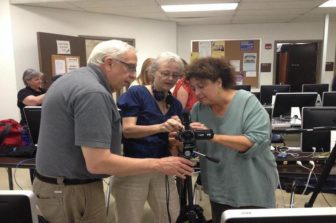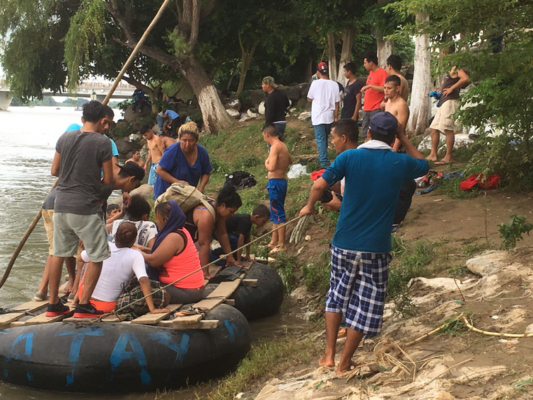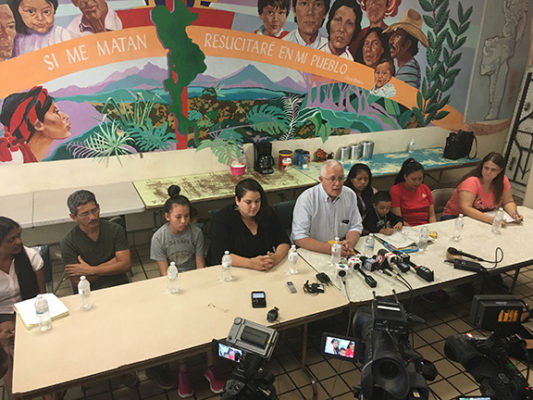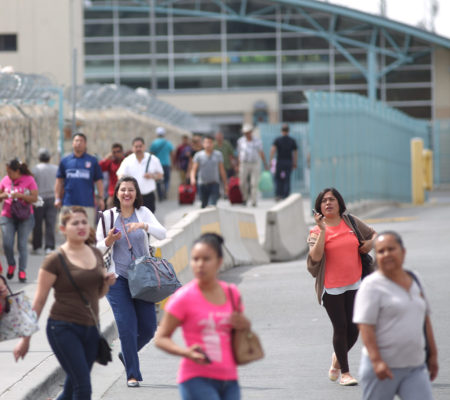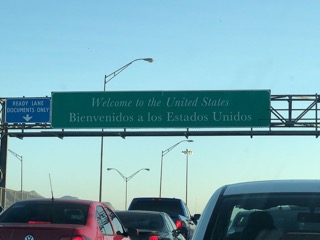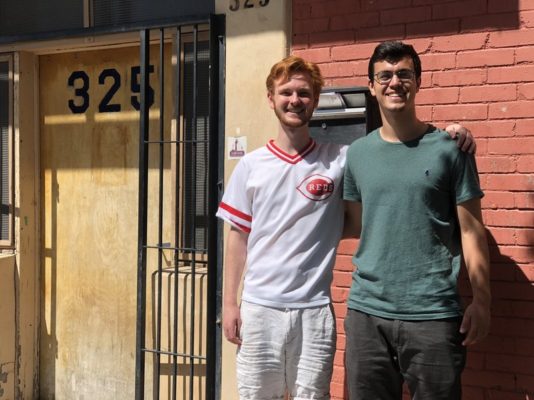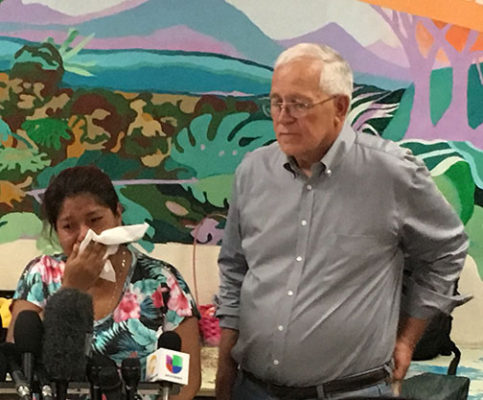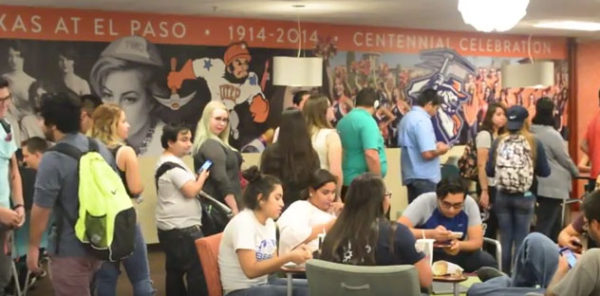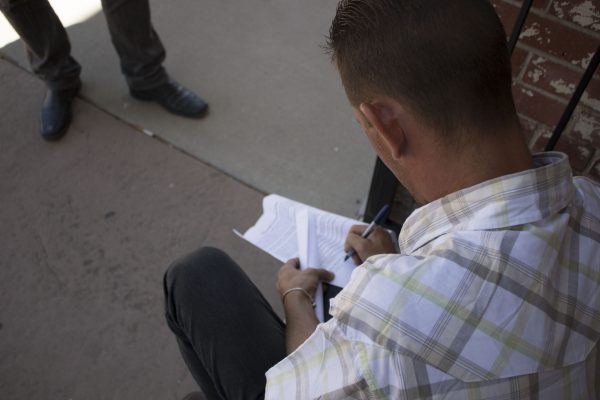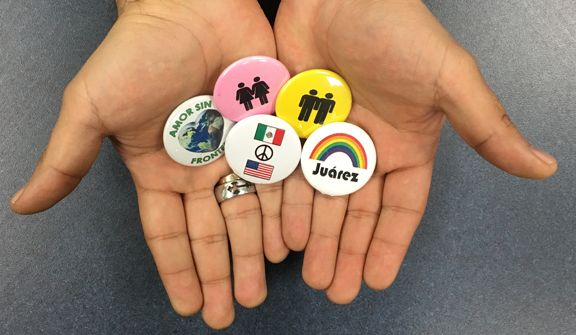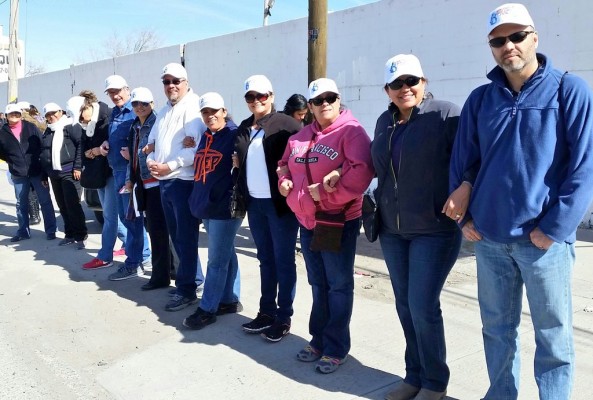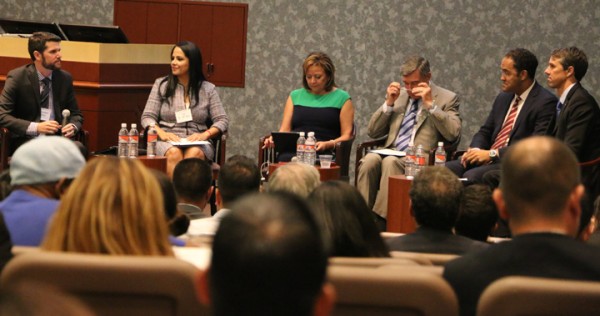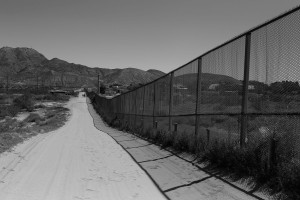Twelve journalism instructors from U.S. Hispanic Serving Institutions will travel to the U.S., Mexico border region to participate in the 10th annual Dow Jones News Fund Multimedia Training Academy May 31 – June 6 at the University of Texas in El Paso. Thanks to a grant provided by the Dow Jones News Fund, Borderzine organizes this annual training program geared to support multimedia journalism instructors who teach in institutions with a large minority population. Here is a list of the 12 instructors who were chosen and their institutions:
Nancy Garcia, West Texas A&M University
Jacqueline Fellows, University of North Texas
Ana Lourdes Cardenas, San Francisco State University
Stephanie Bluestein, California State University Northridge
Joel Harris, California State University San Bernadino
Farideh Dada, San Jose City College
Fredrick Batiste, Houston Community College System
Adam Schrag, Fresno Pacific University
Tara Cuslidge-Staiano, San Joaquin Delta College
Jenna Duncan, Glendale Community College
Walter Baranger, California State Fullerton
Steve Collins, University of Central Florida
The week-long multimedia-journalism academy has a proven track record of helping journalism educators acquire a new skills in digital storytelling that they can use to help prepare prepare the next generation of Latino college journalists for a competitive media market. “The trainers at the academy understand what educators need to learn about new and emerging technologies to better prepare their students for the fast-changing future” said Linda Shockley, Deputy Director of Dow Jones News Fund. “This quality of instruction at absolutely no cost to participants and their universities is priceless.”
The goal of this experience is to learn and practice news reporting using a variety of digital equipment, software programs and platforms. Participating instructors are expected to translate this learning into training for their students, making them more competitive in the media industry.

